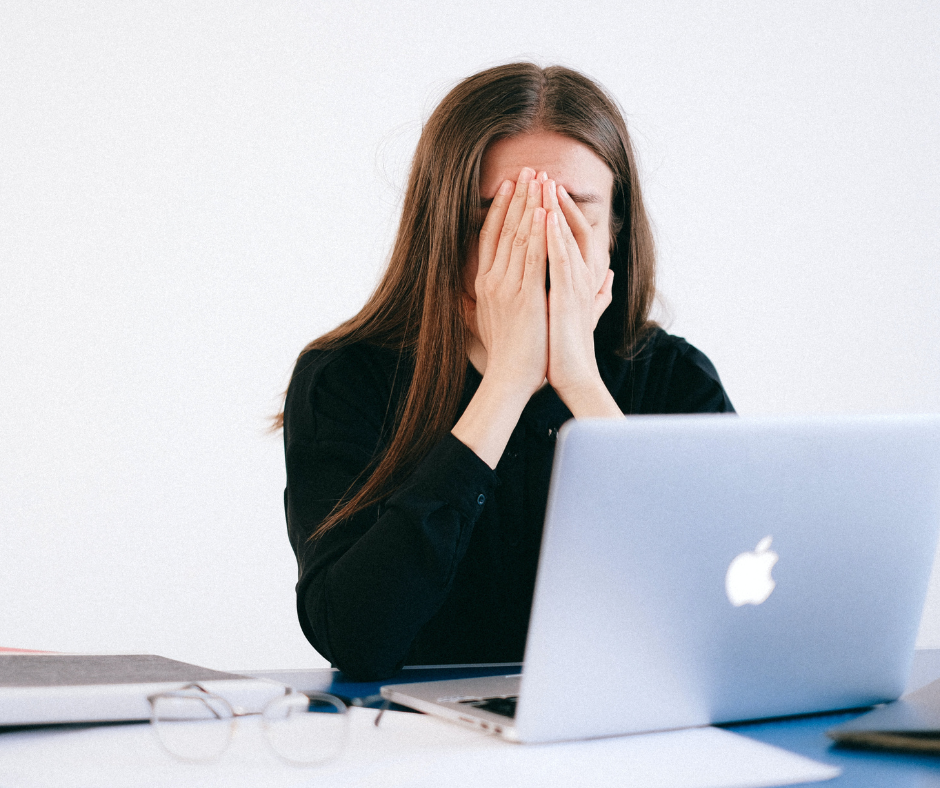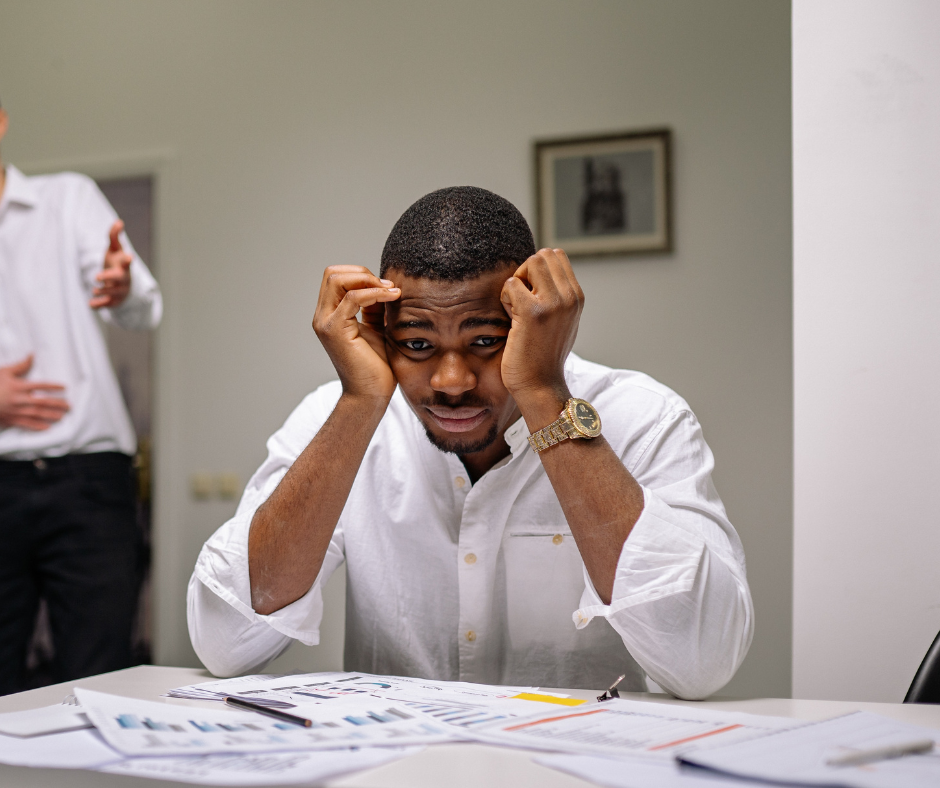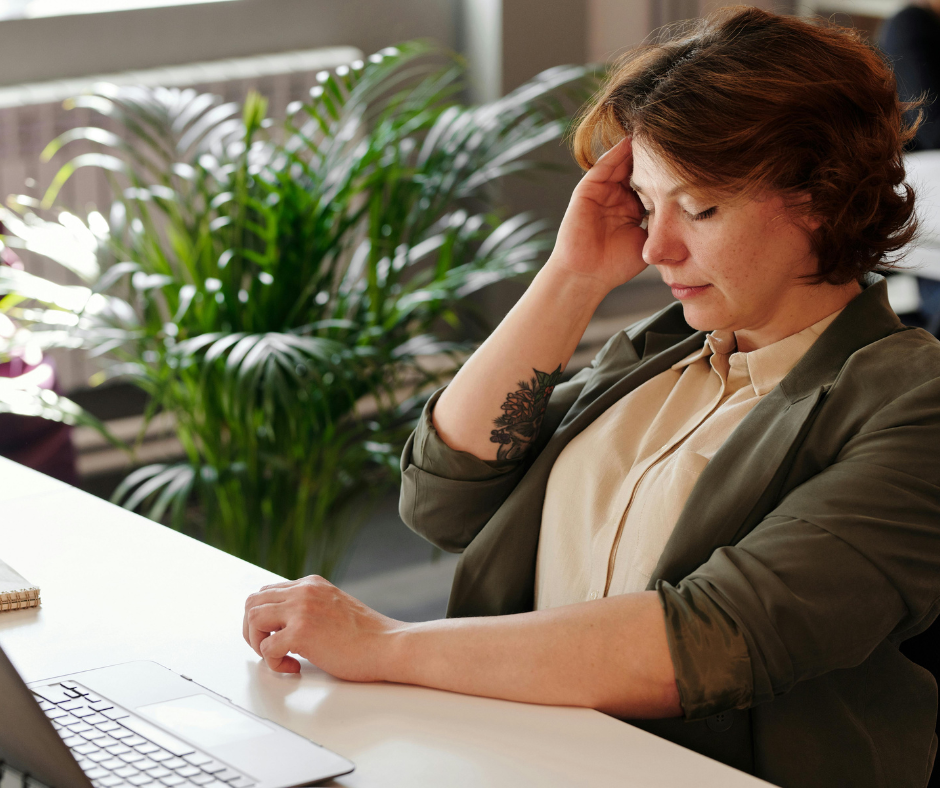Mental health is a state of wellbeing in the mind. It affects everything in an individual from behaviour, personality and emotions to our perception of the world and the way we cope with everyday life. When we are in a state of healthy mental wellbeing we enjoy things a lot more, we like to be social with family and friends, are focused on our pursuits and more engaged in learning. It just feels GOOD to be alive and happy!
On the other hand when life gets to us we can fall into a state of mental illness where our behaviour changes and we don’t want to engage with people. We feel overwhelmed, impatient, lacking energy, irritated or even numb. The most common occurrence for these symptoms is due to compounded stress. This can be stress from work, a relationship or even from trying to pay the bills, it could even be a combination of these. Each of us deals with these, and other types of stress, differently. Unfortunately, when that stressed out cup of ours becomes too full we can become susceptible to forms of anxiety and depression as a result.
Anxiety and depression are two of the most common manifestations of behavioural health today and can strike at any time. Sometimes it’s a gradual build-up of emotion or lack thereof and sometimes it’s a sudden outburst that can’t be contained. Sadly these types of behaviour, and mental health and wellbeing in general, are viewed negatively in society so it is hard for those that need help to reach out. The signs of mental illness may be ‘addressed’ or ‘noted’ but then the individual may be seen as a liability. This is why it is so important to speak to people or professionals who understand and are willing to listen as this in itself can be uplifting to those who are suffering.

What is anxiety?
Anxiety is a form of mental stress that affects the body and causes a reaction in the form of heavy or fast breathing, nervous ‘tapping’, lack of concentration and heightened emotions. There are other symptoms that individuals can experience depending on how their body reacts including:
. panic attacks
.cold sweats
.shaking or nervous twitching
.crying or emotional outbursts
These reactions are basically your body unloading all the stressful data that your mind has pumped into it. Some may start to experience signs of anxiety and hold it in but this can lead to more strain on your mind and body over the long term. It is healthy to be emotional and let it out if we feel stressed, we are not robots after all, but this should not be confused with anxiety disorders where these feelings and symptoms are constant to the point of affecting your lifestyle and those around you.
Some severe cases of anxiety can come in the form of:
.a panicking disorder
.post traumatic stress (PTSD)
.separation anxiety
.phobias
If you feel that you may be affected by extreme anxiety it is best to talk to your healthcare professional for advice. However, it is always good to have mental health awareness about anxiety and to live in a way that helps reduce its occurrence in your daily life.
Some steps you can take to reduce anxiety appearing in your day to day life include:
Removing Stress
Prevention is better than a cure and removing any forms of stress will drastically reduce your chances seeing signs of anxiety. If your job causes you stress find another one, if your family is overwhelming you take a break from them and go on a mini holiday, if the housework is becoming too much get some help. It is ok to mix things up and create a change so you can step back and relax once in a while.
Exercise
This is one of the most common remedies for a lot of mental illnesses but it is a good one as exercise releases positive chemicals in the brain while also providing you with feelings of strength and competency when you realise what your body can do. It is also important for your mindset to get outside and experience the outdoors instead of being stuck within four walls all the time.
Healthy Food Intake
This is another obvious one where reducing bad foods can help with anxiety. More to the point, it is important to reduce sugars from chocolate or lollies and switch to fruits and vegetables. If you can’t do this entirely that’s ok you can start by trying to supplement your food instead. For example, replacing a bag of lollies for a chopped up watermelon, YUM! Another way you can ensure your body gets what it needs is through vitamin supplements. This will ensure your body has everything it needs even if you can’t eat every food that has every vitamin and mineral in it.
Proper Rest And Relaxation
Getting enough sleep is VERY important when it comes to anxiety. You can’t let your body and mind go, go, go all the time. Even if you fit everything into your day your body may be feeling the side effects of this. Therefore, it is important to make yourself a schedule so you can relax and unwind as well as have time for a good night’s sleep. If there are pressing matters you need to do that day do them but push everything else back to tomorrow, they will still be there and you will feel more ready to tackle them with proper rest!
Remember that it is better to prevent anxiety than to cure it so ensure you take the time and know how to look after your mental wellbeing. This will also drastically reduce your risk of depression as anxiety, or anxiety disorders, can lead to depression if you are constantly suffering over an extensive period of time, so be mindful of that.

What is Depression?
Depression is a mental illness that both affects the mind and body, in the mind it creates negative emotions geared towards sadness, worthlessness, resentfulness and failure while in the body it can cause fatigue or movement without purpose (pacing, etc), appetite anomalies and changes in sleeping behaviour. It is a long term illness that can last from a couple of weeks to months, even a year or more and is not to be confused with grieving although it can coincide with it.
Depression is not necessarily an illness that just ‘occurs’ but can be caused by multiple factors over time including:
.a lack of confidence/ self-esteem
.negative views towards aspects of one’s life
.an imbalance of negative chemicals in the brain
.exposure to constant negative impacts on one’s lifestyle. For example abuse, loneliness, etc.
In extreme cases an individual suffering from depression, no matter what the cause, may choose self-harm or even death to escape the feelings that they are enduring as it seems to have no end. This is one of the reasons why depression is nicknamed “The Black Dog” as it is constantly on your heels following you around, never going away. There are some days that may seem a bit better than others but it is always waiting to come up to you and pull you back.
Luckily there are ways to treat and keep depression at bay so that the extreme case doesn’t arise. Some ways you can help yourself avoid or cope with your depression include:
Change
If your depression is based on your self-esteem or your environment it is important to take steps to change that. Practicing exercises to boost self-esteem is a great way to improve your mood and views of yourself. If you are stuck in an environment or situation causing your depression then move away from it, get out of the situation and into a nicer one. Make that positive change that will allow you to get away and start healing. Remove the cause of the wound then you can start to recover, give yourself some hope and live your happiest life!
Healthy Food Habits
Eating healthy and giving your body the nutrients it needs is important. There are vitamin supplements out there that will help you cope with depression and improve your mood and energy. One thing to absolutely avoid though is alcohol. It is proven that alcohol is actually a depressant and awakens the negative chemicals in your brain that get you down. It can also affect your sleep if taken in the evening as it can cause delayed surges in adrenaline which won’t allow your body and mind to rest when they need to.
Exercising Outdoors
As always exercise is a winner as it helps produce positive chemicals within the brain while improving your mood and creates a feeling of strength within your mind. These are all great ways to combat depression and if you have pets try to exercise with them as well. It has been proven that animals are a great way to improve one’s mood and reduce feelings of negativity.
Quality Sleep
There is nothing worse than being depressed and tired at the same time. It creates a negative spiral that pushes an individual further into that dark hole and makes it harder to rise out of it. Self-care is very important in this circumstance so make sure that proper sleep is at the top of the list. Drink that soothing cup of herbal tea before bed, decrease screen time and enjoy a good book before you say goodnight.
It is good to practice natural ways to cope with depression, however, in some cases professional help may be required. These can come in the forms of talking to your doctor who may refer you to a psychiatrist to help with your depression. There are also medications out there such as antidepressants that can help with depression as well. When taking medication such as these it is important to be mindful that they may help with depression but it can be hard to come off them entirely once you are ready to do so. Therefore, you should consider this option carefully before moving forward and talk to your healthcare professional thoroughly about the benefits and side effects.

Do I have anxiety or depression?
Depression and anxiety have symptoms that recur over a period of time and aren’t just a one off bad day. If you have been having a couple of days where you have been feeling low or irritable you may just be having a bad time. However, if you are having symptoms over two weeks or more and just don’t feel like your usual self then there may be reason to believe that you are suffering from symptoms of depression or symptoms of anxiety.
The best thing you can do is to look back over the past couple of weeks and determine how your mood has affected you and the possibility of why. If it seems to be an issue that is affecting your daily life then you may need to start looking at ways to manage your anxiety or depression as well as talking to your doctor to see if there are other ways that can help.
The most important thing to remember if you have anxiety or depression is that, when managed and treated properly, it will end. It may not seem like it at the time but it is important to think about the small wins and give yourself some hope so that you can come out of it sooner and start living more happily and healthily.
Please be advised this information may help but is NOT a replacement for professional health advice. If you are feeling unwell please speak to a medical professional.



